Please stop talking about cake
January 17, 2014
Two years ago, I had a vivid conversation with a young man that spanned the course of five hours. Two glasses of wine and a glass of sake later, this young man still did not understand how I could be asexual.
I have told many people that I am asexual, that I do not care about nor do I want sex. I usually succumb to the confused looks or the question, “What’s that?” and I am okay with it. This gives me a chance to explain what asexuality is, and why they may know someone who falls under that umbrella in the sexual spectrum.
It always starts with me explaining what the Asexual Visibility and Education Network uses to describe sexual needs: Cake.
A sexual person presented with cake will be all for taking a bite. An asexual person presented with cake may shrug and refuse it. They may also say, “Yeah, cake is nice, but meh, I don’t really want it.”
One of the biggest misconceptions about asexuality is that all asexuals are scared, are virgins and/or hate sex. And when I get presented with the question, “You say you’re asexual but have you even tried having sex? You won’t really know until you try,” there’s a fiery rage that builds up within me.
I don’t want to have sex. I don’t want anything to do with sex. I would rather watch three hours of C-SPAN than have a sexual encounter with someone.
So why, dear sexual person, are you trying to pressure me into having something I do not want? Maybe you should try abstaining from sex. You’ve never done that before. Maybe you’ll enjoy it. You won’t know until you try.
This behavior is not conducive of only straight sexual people. I’ve encountered many people in the LGBT community that look at me like I’m insane when I come out to them.
In fact, something like this happened on the EWU campus, while I was working. I was writing a story for this publication about the celebration the Pride Center had after Washington voters passed the gay marriage initiative. I was walking around interviewing people for my story and I came upon a young man who I conversed with. Once I said I was asexual, he gave me a strange look and suddenly, was very dismissive.
I’d like to thank that man for making me feel horrible.
As a person who likes to think they’re part of the LGBT community, it was very hard for me to come to the conclusion that I did not want anything to do with another pride organization. As much as I am grateful for my best friends’ ability to get married, it’s also very isolating.
It stems from being the minority of a minority. While 16 states allow same-sex marriage, only two states, Vermont and New York, consider asexuals a protected class, according to The Huffington Post and an article on The Examiner’s website.
There’s also an issue concerning allies. Most people I’ve encountered have thought the “A” in the LGBTQIA acronym stood for allies. This is incredibly insulting to me. It’s incredibly insulting to my best friends who are gay, lesbian and queer.
Straight people should not be in this acronym. This acronym symbolizes the spectrum that does not embody heterosexual people. To those allies who have a sense of entitlement to be in this acronym, they need to be retaught what it means to be a good person while not expecting anything in return.
This is what worries me about opening up again to the Pride Center here on campus. I respect the people. I respect the views. But it is very difficult to go to what is called a safe place and have people talk constantly about having sex or even people having sexualized views of others. I’d rather have an entire separate entity, where it’s safe for asexuals and where it’s safe to say that asexuals can and have never had sex and it’s not an issue.
At this point, call me a sexual-phobic, because I just cannot understand why you people want that slice of cake so badly.



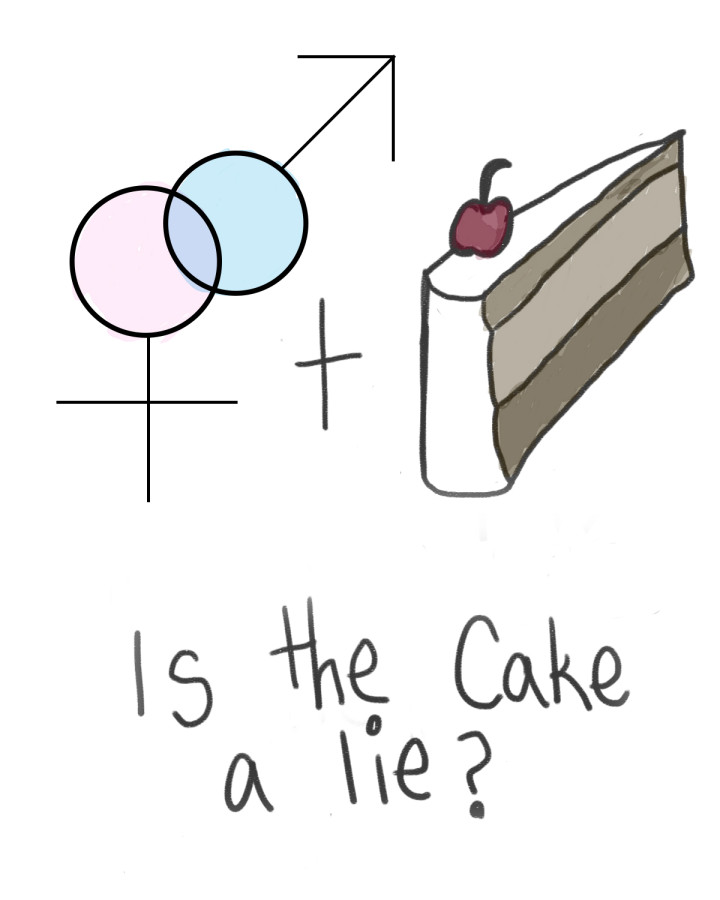
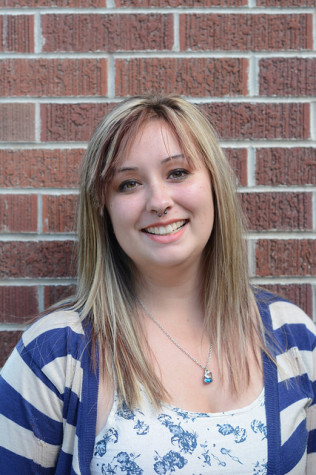
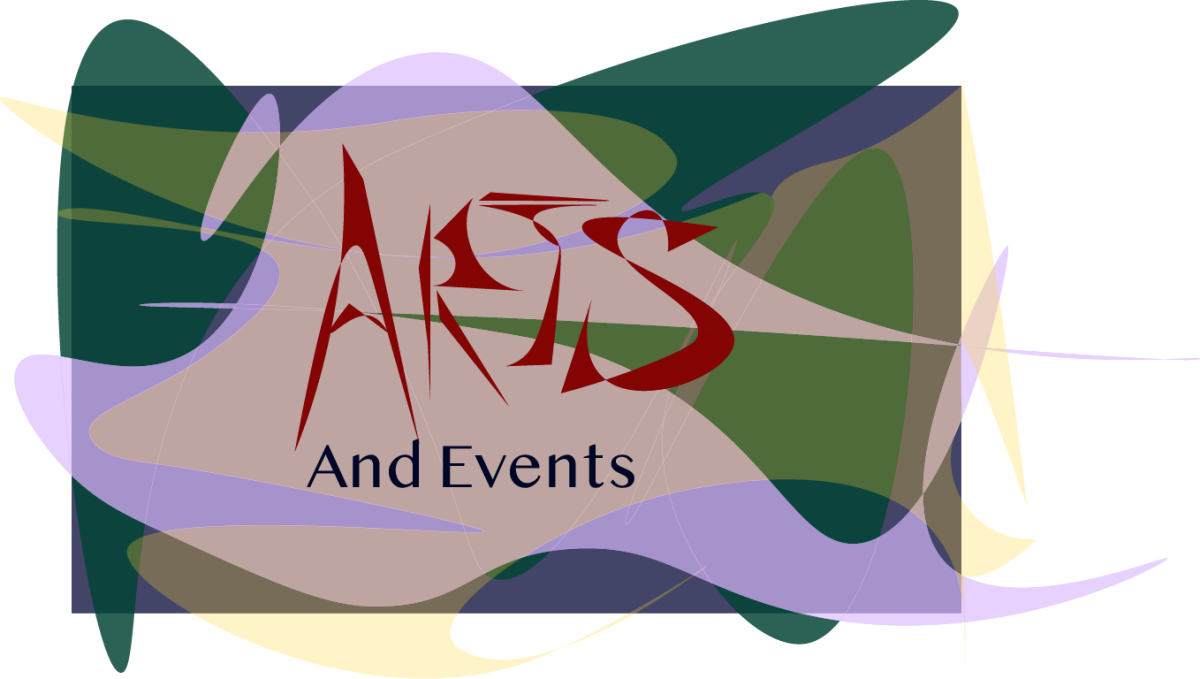
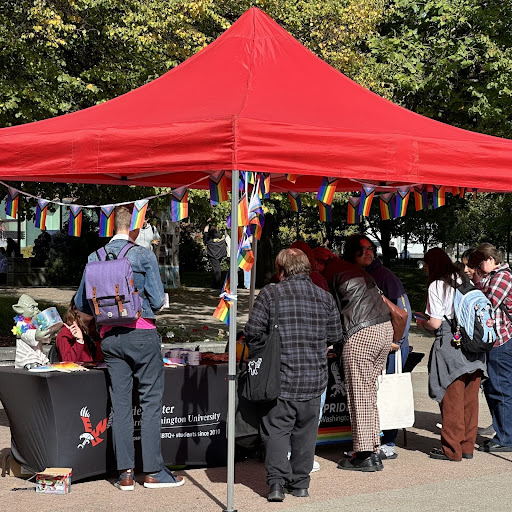
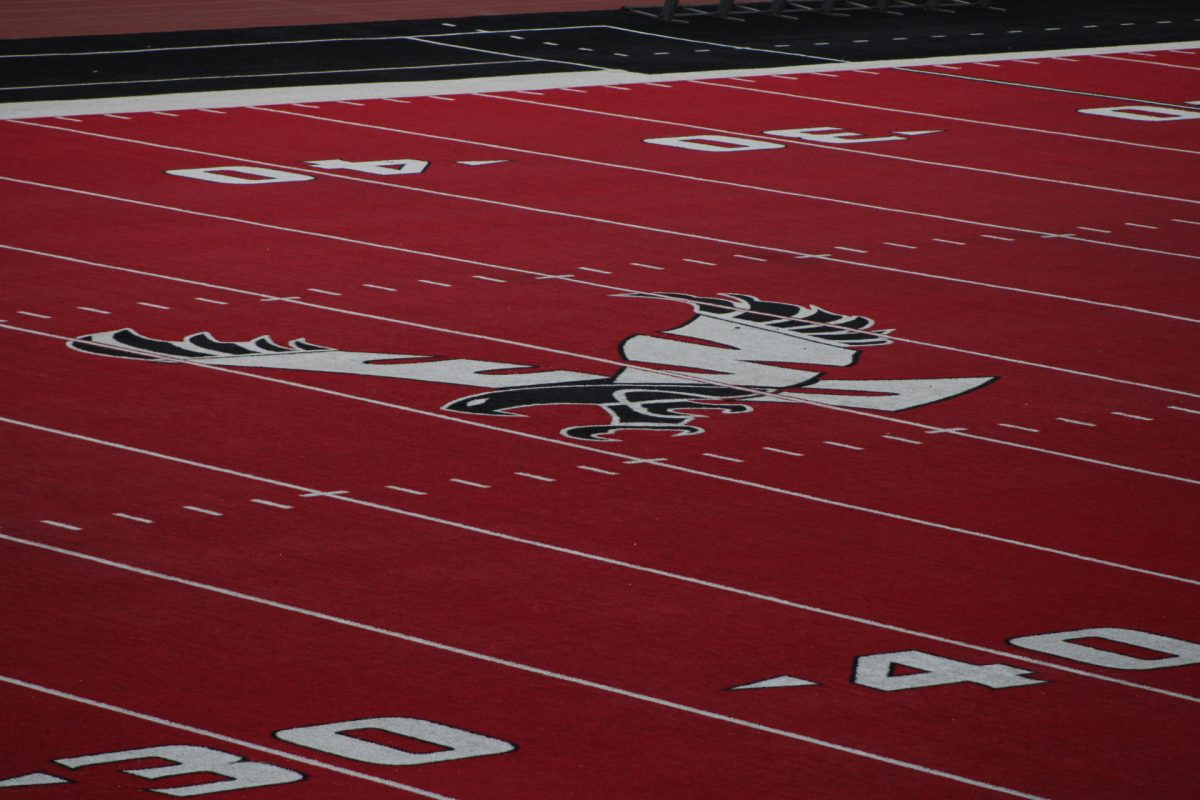
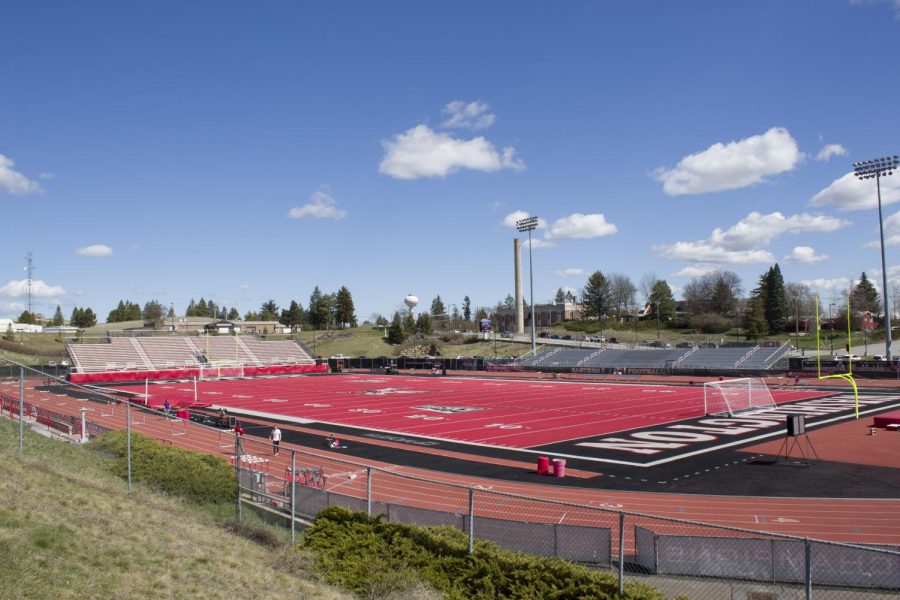
Jasmine Ari • Jan 17, 2014 at 2:08 pm
Reblogged this on Timey-Wimey Adventures and commented:
I’ve written a column on asexuality for my university’s paper. I know I’ve written about this subject on this personal blog, but this particular article is much more polished and less ranty.